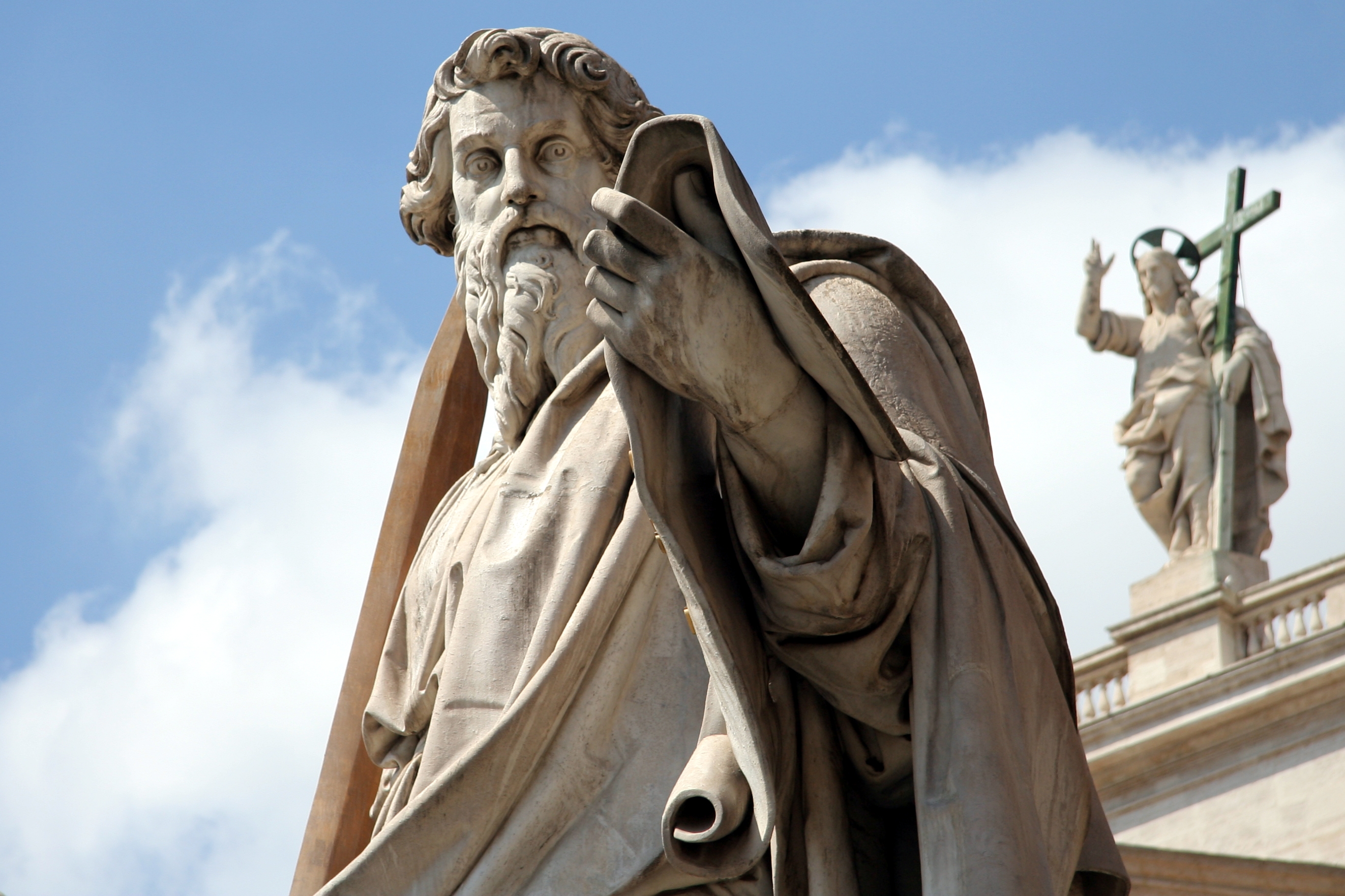Grown ups afraid of the light

The Times on Good Friday had me afraid my plane had passed through a time warp and that I’d arrived three days in the future. The front page article – ‘Thank heavens: Pope puts Hell in doubt’ – must surely be an ‘April Fool’ prank, I thought to myself. But, no, the date blazoned on the Time’s distinctive masthead was Friday March 30 2018.
So, no bending of the Space-Time Continuum, then. The article was genuinely genuine.
‘Hell, it turns out,’ wrote Philip Willan from Rome, ‘is not a fiery pit of eternal damnation. Neither does it involve varieties of extreme torment. Rather, the punishment for sinners upon death is simply that they disappear.’
The source of the revelation was an interview between Pope Francis and atheist philosopher Eugenio Scalfari in the Italian newspaper La Repubblica.
Well, I mused, this must be good news for every Buddhist because, for Buddhists, non-existence is heaven. Jehovah’s Witnesses likewise would be pretty chuffed, since they’ve been claiming the same idea for over two hundred years.
A Leader writer applauded the Pope's ‘instinct to reconcile eternal truths with the mores and understanding of the modern age.’ In a post-modern world which finds the concept of Hell ‘vindictive,’ said the writer, the Popes ‘clarification that there is no such thing as eternal fire and brimstone, should be a reassurance to everybody.’
I’ll bet it was!
Letters to an Atheist
4. Challenging the Resurrection

When Edward challenged me to respond to Sam Harris' The Moral Lanscape, I set him the challenge of presenting a naturalistic explainion for the empty tomb of Jesus, a task so easy that he though it hardly worth dignifying it with a response. 'There must be an infinite number of explanations,' he laughed.
Anyway, it took anout four months before he got around to providing a response. His explanation was that the disciples asked the Roman guards at the tomb to take the body of Jesus and deposit it somewhere else. It was a variation on the claim that the Romans removed the body, but not in quite that way.
I sent the following response to Edward. His remaks are in italics.
A man for all civilizations

I’m looking forward to the first episode of Civilizations, which is being aired at nine o’clock on BBC2 tonight. I missed Kenneth Clarke’s 1969 landmark series Civilization because mum and dad had no interest in the and they owned the telly…
I'm determined, therefore, to watch the reworked and expanded version.
But what excites me more is the launch today of Paul: A Biography, an online course by being launched today NT Wright. Although I find myself at issue with some of Wright’s views, unlike many of my Reformed friends, I’m not a member of the ‘Wright is Wrong’ brigade. N T Wright is a great scholar. Like C S Lewis, even when I find myself in disagreement with Wright, I still find him stimulating.
The tragic death of a flawed genius

Two days ago I received a shock when I went to see an old friend and his wife in Wales. His wife had been suffering from a terminal illness and I wanted to see her one last time. I arrived with flowers in hand, only to be told she had passed away early that morning.
She had died around the same time Professor Stephen Hawking had died that same day. I had heard about Hawking’s death on the early morning news and had been deeply saddened, as I always am when someone I’ve lived with (so to speak) all my life dies.
I couldn’t help reflecting on the two tragedies: Hawking, the brilliant but disable genius who had lost his physical faculties to motor-neurone disease in his early twenties and Irene, until recently had been in possession of her physical and mental faculties but had suddenly deteriorated rapidly. Hawking the atheist and Irene the full-of-faith follower of Jesus Christ.
Though her ability to think and communicate had deteriorate rapidly in a matter of weeks, to the end she remained acutely aware spiritually. She knew she was going to see Jesus but was sad that her husband was not going with her.
Stephen Hawking had no spiritual hope. ‘Physics,’ he says in the movie A Theory of Everything, ‘is religion for atheists.’
Letters to an Atheist
3. Science can't prove science

Isaac Newton, one of history's greatest scientists
Dear Edward,
I’m sorry if in my last email I didn’t make myself as clear as I had hoped to.
I wasn’t actually attacking 'science' as such. I was objecting to 'science' in the sense it is used by Sam Harris, Richard Dawkins, Daniel Dennett and other 'New Atheists', who talk of 'science' as though it were some omnipotent entity with the capacity to answer all questions relating to reality and meaning.
I believe in science, of course, but I don’t have faith in science. For writers such as Harris, Dawkins and Dennett, ‘science’ has become a kind of ersatz deity.
What we call 'modern science' was the creation of men who subscribed to a biblical worldview; scientists who believed that because the cosmos was the product of a Mind, it could be investigated and understood. For scientists like Isaac Newton, science was essentially ‘thinking the thoughts of God after him.’ Newton and others like him believed that through scientific investigation they could understand the way the universe worked, whereas morality and ethics were beyond the scope of scientific enquiry.


